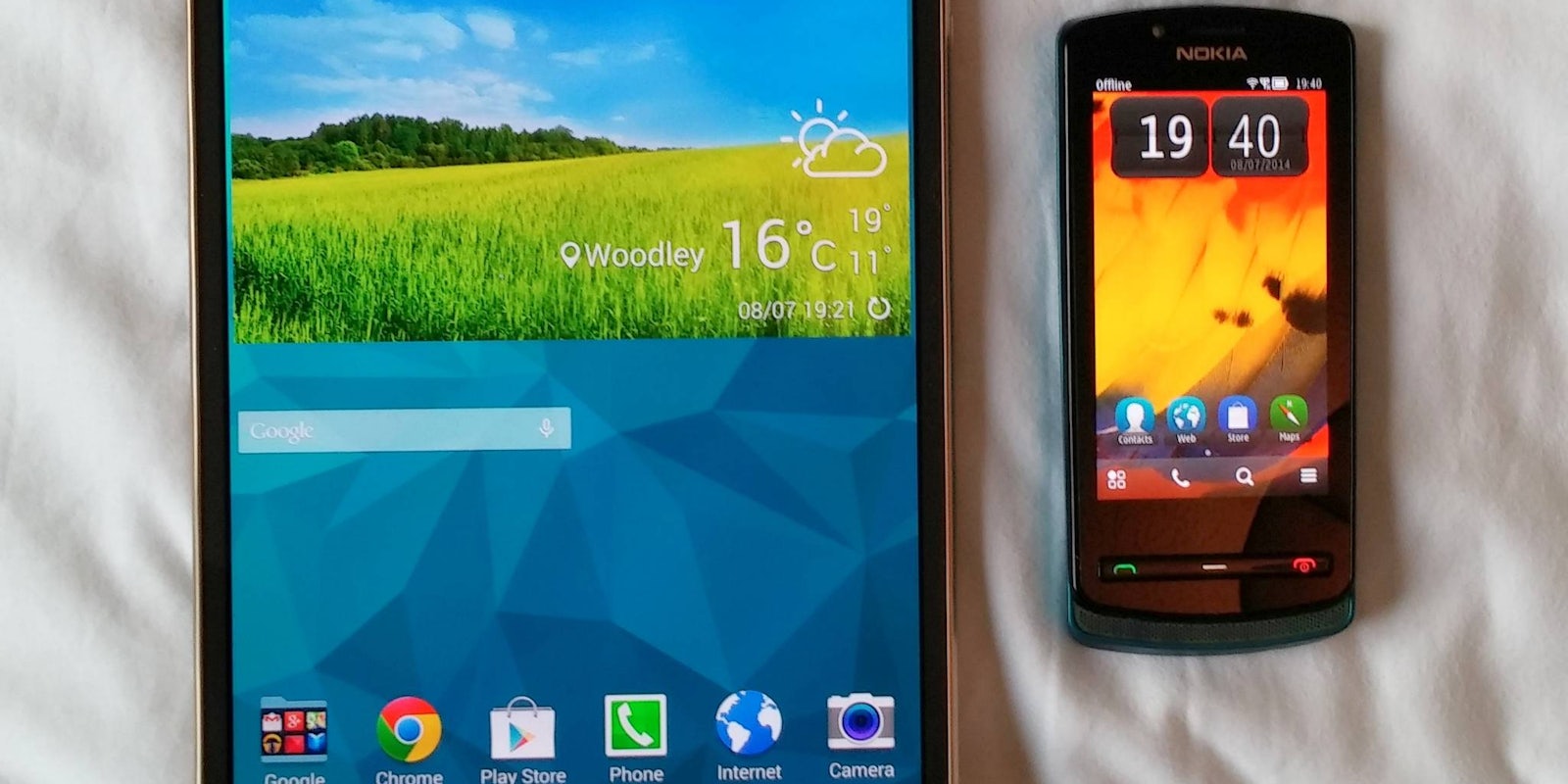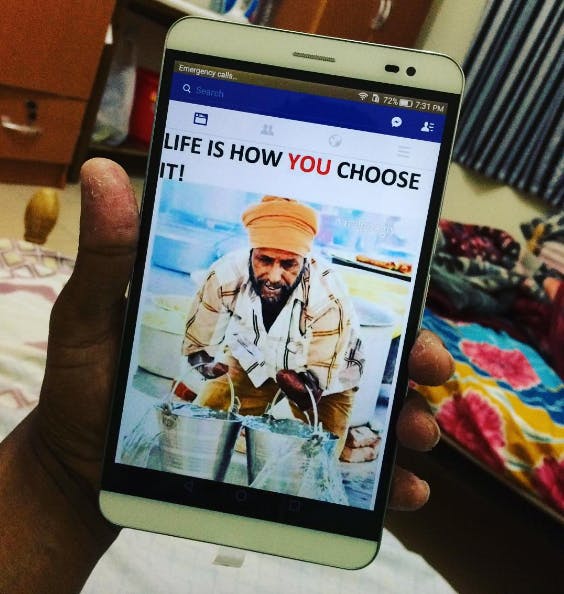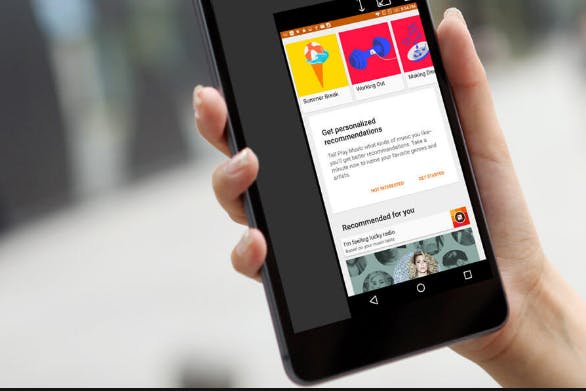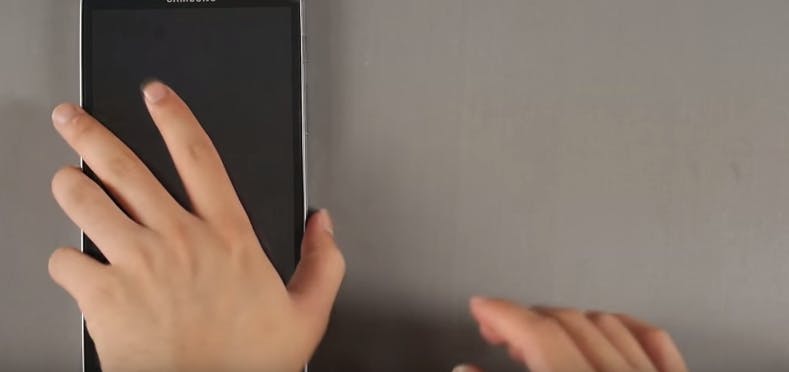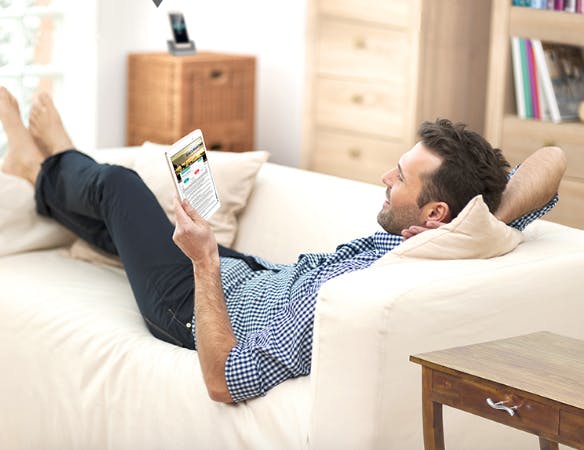For as long as we’ve had mobile phones, we’ve been pre-occupied by their size.
The brick-sized cordless phones of the late ’80s gave way to smaller, more powerful mobile phones that could fit inside a pocket. The bulky Nokia phones of the ’90s were soon replaced by the Motorola Razr, a thinner, sleeker flip phone with a 2.2-inch screen. Mobile phones that were the shape of a lipstick case or the height of a cigarette became popular alongside thick Blackberries.
Then in 2007 the first iPhone came out and changed the notion of an ideal mobile phone forever. Mobile phones were no longer just lightweight, portable devices for calling people, but powerful touch-screen devices for watching YouTube videos, taking photos, listening to music, and socializing. The iPhone also reversed the trend of gadgets becoming smaller and smaller. The 3.5-inch screen size of the iPhone 3G would soon be replaced by the 4-inch iPhone 5 and then the 4.7 inch iPhone 6. Apple seems to have reached a sweet spot with the sixth generation’s 4.7-inch and 5.5-inch screen sizes, which it’s carried over to the iPhone 7 and 7 Plus.
Meanwhile, there’s a new wave of “phablets”, or a smartphone that nearly doubles as a tablet due to its extra-large screen size. Apple’s iPhone 6 Plus at 5.5 inches became the largest iPhone yet when it was released in September 2014. The iPhone Plus series was Apple’s attempt to move in on a phablet market that was already dominated by Samsung, Sony, and other Android phone makers.
So why would people want a phablet over a phone that can actually fit in their hands? The answer largely depends on the person’s lifestyle and media habits. The phablet’s larger screen size makes it easier to watch videos or read ebooks. Many people find it easier to type on a phablet as well. Phablets often come with more storage than their smaller counterparts. Some people get around the problem of awkwardly holding such a large device to their heads everytime they want to talk on the phone by using headsets or wireless headphones with their tablets.
Curious about how large these new smartphones can get while still being considered as phones?
The biggest phones in the world
Huawei MediaPad X2
Screen Size: 7 inches
Chinese telecom company Huawei raised the bar for phablets when it introduced the mammoth 7-inch Huawei MediaPad X1. Huawei then made MediaPad X2—X1’s newer cousin—with an equally large screen size and 8-core processor.
Lenovo Phab
Screen Size: 6.8 inches
The Lenovo Phab Plus includes dual cameras and Dolby speakers.
Samsung Galaxy W
Screen Size: 7 inches
The colossal Samsung Galaxy W has a 1.5 GB RAM, a 7-inch screen, and is 8.8 mm thick.
READ MORE:
- The secret to canceling your Comcast service
- 12 fascinating facts about Nokia brick phones
- Everything we know about iPhone 8
LG G Pad X 8.0
The 8-inch screen of the LG G Pad 8.0 may seem like overkill to some people. It’s slightly larger than an iPad Mini. LG released the G Pad 8.0 in 2013, following a failed attempt at entering the tablet game with the Optimus Pad.
Android Central took a look at what it’s like to make a phone call on the 8-inch behemoth.
The Daily Dot may receive a payment in connection with purchases of products or services featured in this article. Click here to learn more.

